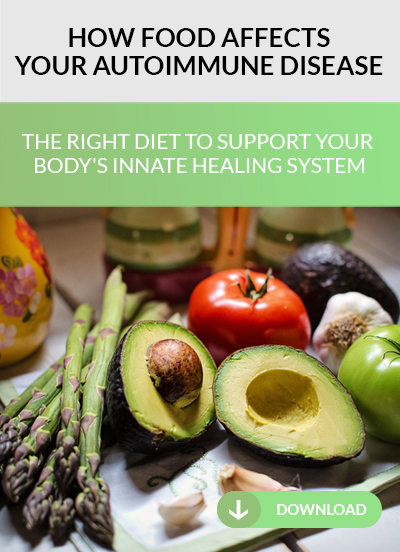Science continues to disclose the impact of chronic stress on the immune system. When one is under chronic stress, the immune system is triggered inappropriately and the generation of inflammation is accelerated. This contributes to all immune mediated inflammatory conditions.
Chronic stress is rampant in our society where doing things faster is better and we are always cramming more in to our already busy schedules. We are surrounded by stress: we carry our phones in our pocket notifying us of the latest work-related email at 9pm at night, worry about money, school or how our relationships are going. Most people are not aware of the negative consequences of stress on their health until it is too late.
Stress is the mind and body’s response to any event or situation that challenges us and makes us feel under pressure in some way. In an acute situation, stress can be beneficial, but when stress becomes chronic it can wreak havoc on our immune system.
When we repeatedly perceive something as stressful it creates a negative immunologic response in our body. Our brains will process this “stress” information and trigger release of hormones such as cortisol and adrenaline, the fight or flight hormone. When chronically produced, these hormones promote inflammation. The can lead to immunologic disease. Fortunately, we can empower ourselves to change the way we perceive stress which will have a beneficial effect on our immune system.
Some people seem naturally equiped to cope with stress while others seem to struggle in handling their stress. Here are some practical steps to reduce your stress each day:
- Eat whole foods. 60% of your immune system is in the lining of your gut. If this lining is disrupted, foreign molecules and bacteria can get in and damage your immune system. Your diet is the key to a healthy microbiome (healthy bacteria in the gut) and a healthy diet can strengthen your immune system. Your diet should include lots of plants. Always choose high quality protein from wild or grass-fed animals. Use monounsaturated fats such as olive and avocado oils.
- Exercise daily. People who are sedentary are immunocompromised. Moving your body burns off stress hormones and helps heal the mind. It also causes release of happy hormones which make you feel great!
- Take time to relax. These days we are programmed to keep ourselves busy. Technology makes it easy to work wherever we are. But, it comes at the expense of the inability to truly relax. We all need to plan a time to just relax. Try to sit in a cozy chair with a cup of tea, listen to soft music, take the dog for a walk, soak in the tub…whatever it is that allows you to truly relax and unwind.
- Practice gratitude. Write in a gratitude journal. Not only does it help you have a more positive outlook each day, but it will also allow you to handle stress much better. Practicing gratitude has been shown to boost immune function at the cellular level.
- Change how you think about things. Analyze how you think, feel and respond to daily occurrences and make an agreement with yourself to modify your views in a more positive way to reduce your stress.
- Engage in healthy relationships. Make an effort to build on your relationships with friends, family and your community. These are the people who will be supportive during your journey to long-term health. Give a loving hug to as many people as you can. Studies show hugging stimulates production of white blood cells, the cells of defense. Hugging also causes release of serotonin, the happy hormone.
- Make sleep a priority. Studies show a direct correlation between interrupted sleep and rise in inflammatory markers. If you can sleep 8 hours per night your immune system will function more optimally.
If you can empower yourself to engage in some of the above healthy principles you will find out your immune system is not completely out of control. You can make positive choices that will decrease your stress and recharge your body and mind. In turn, the immune system will work for you to continue the fight against chronic disease.






0 Comments